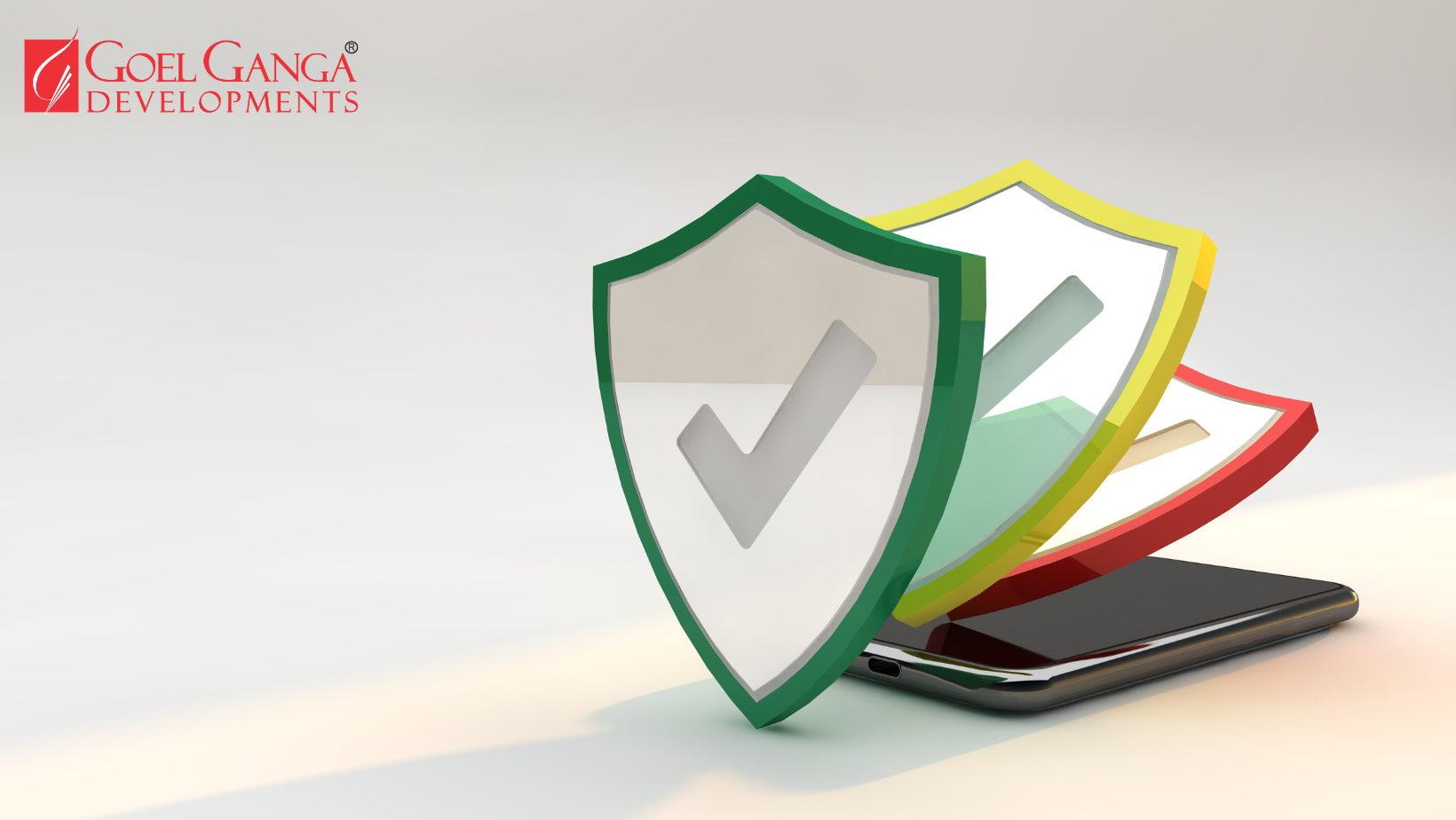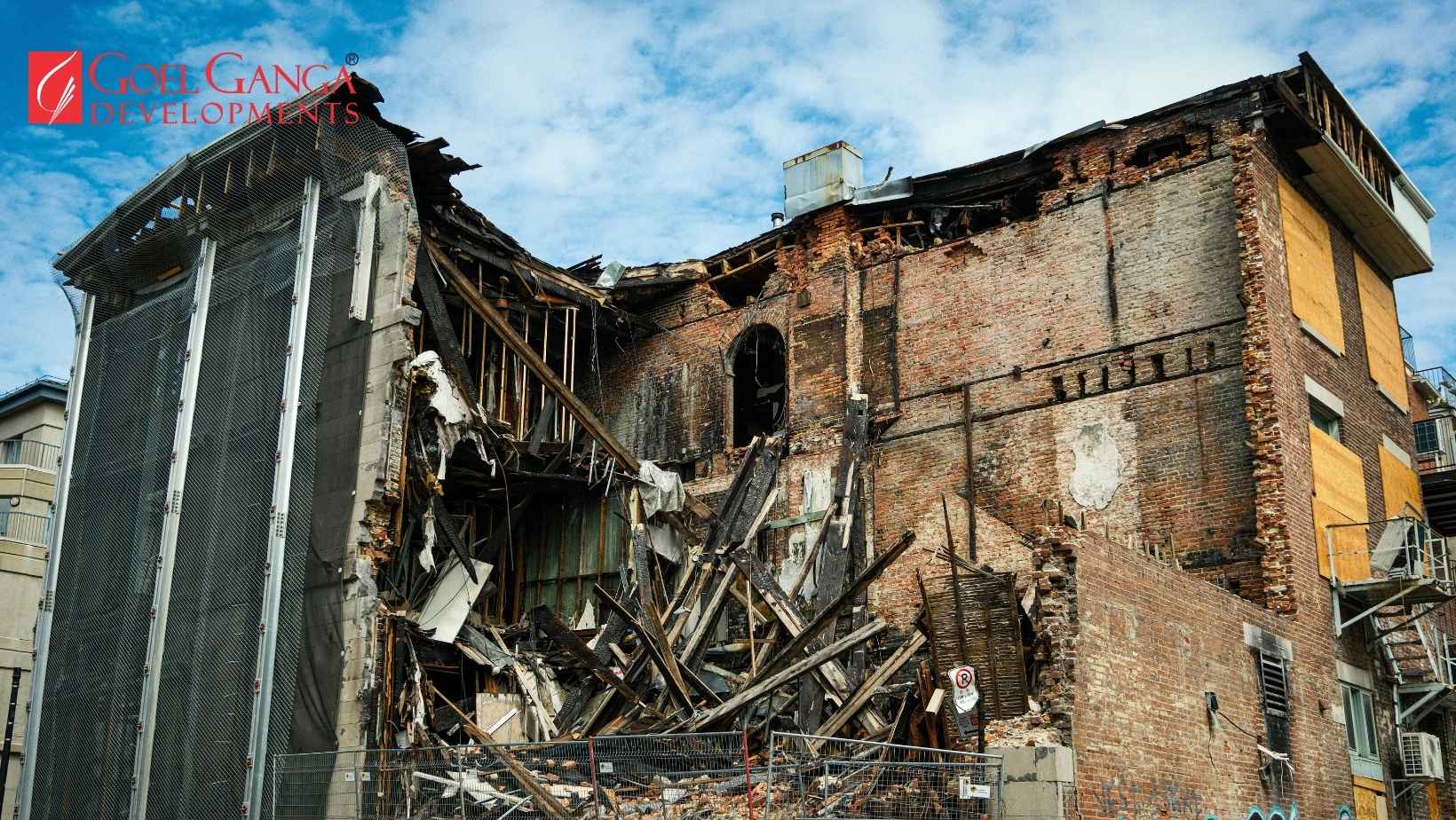The rapid change of technology affects many areas, including ‘commercial estate’. For example, smart buildings and software such as the Internet of Things (IoT) have entailed the installation of digital platforms to create the most effective and connected commercial real estate to date. However, this interconnection brings biological implications that were hitherto unknown. The major worrying factor is cybersecurity because it touches on protecting valuable assets as well as personal details while guaranteeing continuous operations.
Have a look at this blog suggested by Mr. Anurag Goel, the Director at Goel Ganga Developments, about the fundamental requirements of cybersecurity within the digital realm of commercial real estate.
Table of Contents
ToggleUnderstanding the landscape
Before we start understanding the strong security measures, it is essential to understand what makes the Commercial Real Estate industry unique. It comprises multiple players such as landlords, tenants, facility managers, builders, and so forth. The connection between these principal players, who heavily rely on technology, appears to open various avenues for cybercrimes.
KEY CYBERSECURITY MEASURES
Regular Audits and Risk Assessments
Before implementing any measures to curb cybercrime, a detailed risk assessment must be carried out. Identify possible dangers, weaknesses, and vital assets in danger. Regular cyber safety checks help to stay on top of dynamic menace topography, thus adapting security mechanisms appropriately.
Deployment and Comprehension of Learning by Employees
Against cybercrime, employees are always there. The importance of the training in cyber security best practices to employees should be understood. The first thing they must learn is how to identify phishing efforts on their emails and sites. This acknowledgement serves to minimize the chances of them falling victim to successful hacking efforts.
Multi-Factor Authentication (MFA)
MFA is short for multi-factor authentication, which implies that multiple different approaches are integrated into accessing a particular room.This makes sure that only those people who have authority can gain access, and this becomes one of the ways through which access security improves.
Data Security and Privacy
Sensitive data are encrypted so that when breaches occur, they cannot be read by unauthorised persons. In the commercial real estate sector, this is a big way to secure confidential information.
Maintaining Software, Updates, and Patch Management.
Old software becomes a target for cyberattacks. Regular updates and patches often include security enhancements against known vulnerabilities. Therefore, they need to be installed in time for a secure online ambience.
Firewall and Intrusion Detection Systems
Networks are protected from unauthorised access and criminal activities by means of strong firewalls and intrusion detection systems. They carry out continuous observations on network traffic for detecting potential threats and preventing their entry into the system.
Secure Cloud Storage and Backup Solutions
One should use secure cloud storage options with strong authentication and encryption. Regular automated backups ensure retrieval of essential information in case of a cyber attack or loss of data.
Vendor and Third Party Risk Management.
Make sure that providers follow strict cyber security policies. Their security measures should be reviewed, as the weaknesses can compromise your system. Contracts should be drawn up, spelling out the security responsibilities for each party involved.
Incident Response Plan (IRP)
A well-defined IRP is crucial. It entails the activities that must be carried out in the case of a cybersecurity incident to ensure a prompt, harmonised, and efficient reaction with the aim to minimise harm and recovery time.
In commercial real estate’s rapidly changing world, comprehensive cyber security measure implementation is no longer an alternative but a necessity. The vulnerabilities and threats continue to develop on the digital landscape, hence signifying how important cyber security remains for its future. A proactive approach towards cyber security includes varied defences, training for stakeholders as well as staying up-to-date with latest technology trends and threats that will help Indian commercial real estate sector traverse this digital world safely while flourishing amidst emerging challenges.










